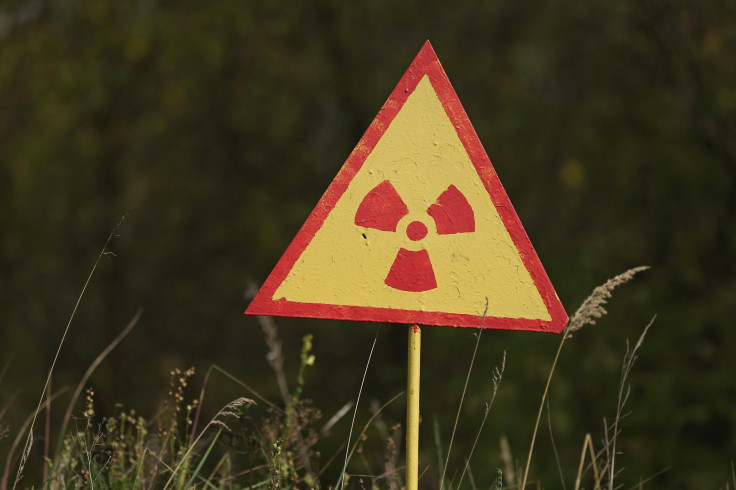Russia Suspends US Plutonium Disposal Agreement

Russia has suspended its 16-year-old agreement with the United States to dispose weapons-grade plutonium, citing “Washington’s unfriendly actions toward Russia, according to Tass news agency. A decree to that effect was issued by President Vladimir Putin.
An official notification said the reason behind the decree was “a fundamental change of the circumstances and the emergence of a threat to strategic stability as a result of unfriendly actions by the United States towards Russia and the United States’ inability to ensure compliance with the assumed commitments to utilizing excessive weapons grade plutonium under international treaties and also proceeding from the need for urgent measures to protect the security of Russia.”
The Tass report said Putin had asked the Foreign Ministry to notify the U.S. about the suspension and had also appointed Deputy Foreign Minister Sergey Ryabkov as his representative for any internal hearings on the suspension of the deal and its related protocols.
Russia and the U.S., which house most of the world’s nuclear weapons, had signed an agreement on Aug. 29, 2000. Under the Plutonium Management and Disposition Agreement (PMDA), both countries committed to “dispose of no less than 34 metric tons of weapon-grade plutonium removed from their respective defense programs. Both countries will dispose of their plutonium by irradiating it as mixed oxide (MOX) fuel in nuclear reactors beginning in the 2018 time frame. Once irradiated and converted to spent fuel, the plutonium can no longer be readily used for nuclear weapons.”
The amount of plutonium to be disposed of under PMDA is enough for about 17,000 nuclear weapons.
According to the U.S. Department of State, the PMDA was renewed and updated on April 13, 2010, under which “Russia reaffirmed its commitment to dispose of its surplus weapon-grade plutonium and presented a technically and financially credible approach for disposition.”
The agreement came into force on July 13, 2011, but signs of tension surrounding it arose earlier this year when Putin told journalists in April that the U.S. was not keeping its side of the bargain after the U.S. unilaterally changed its policy of plutonium disposal from mixed oxide nuclear fuel to dilute-and-dispose.
© Copyright IBTimes 2025. All rights reserved.





















